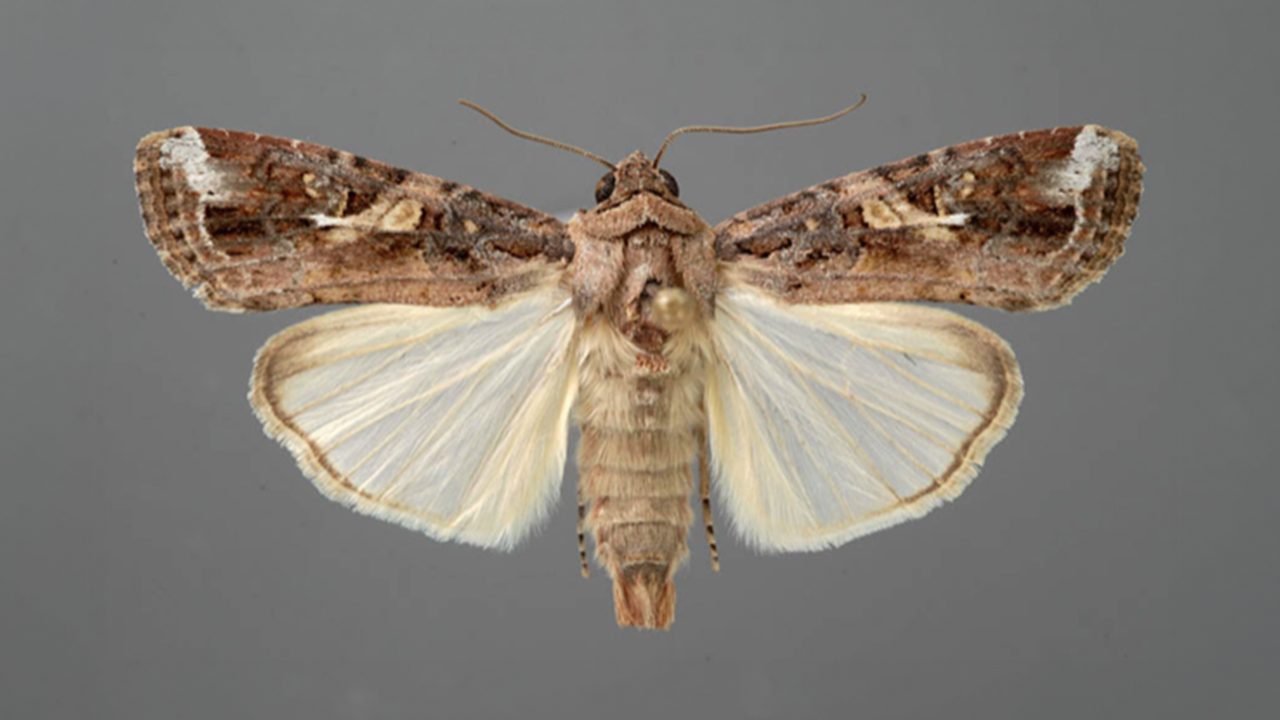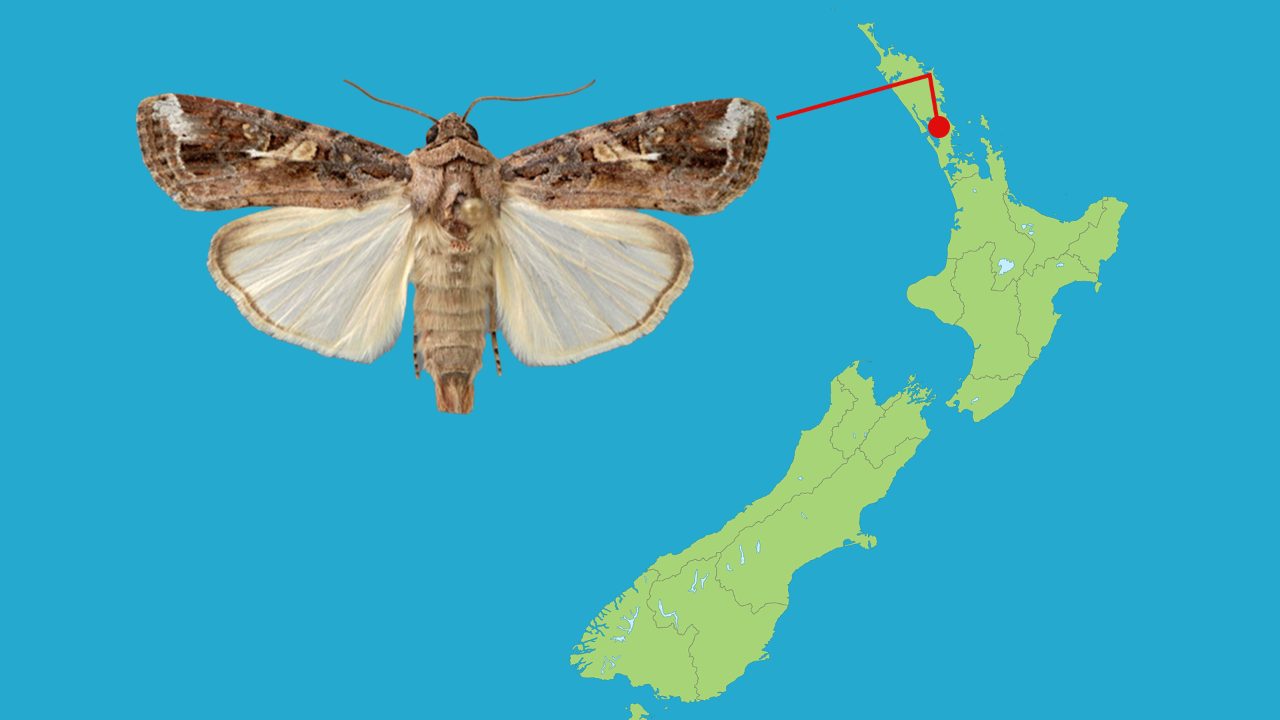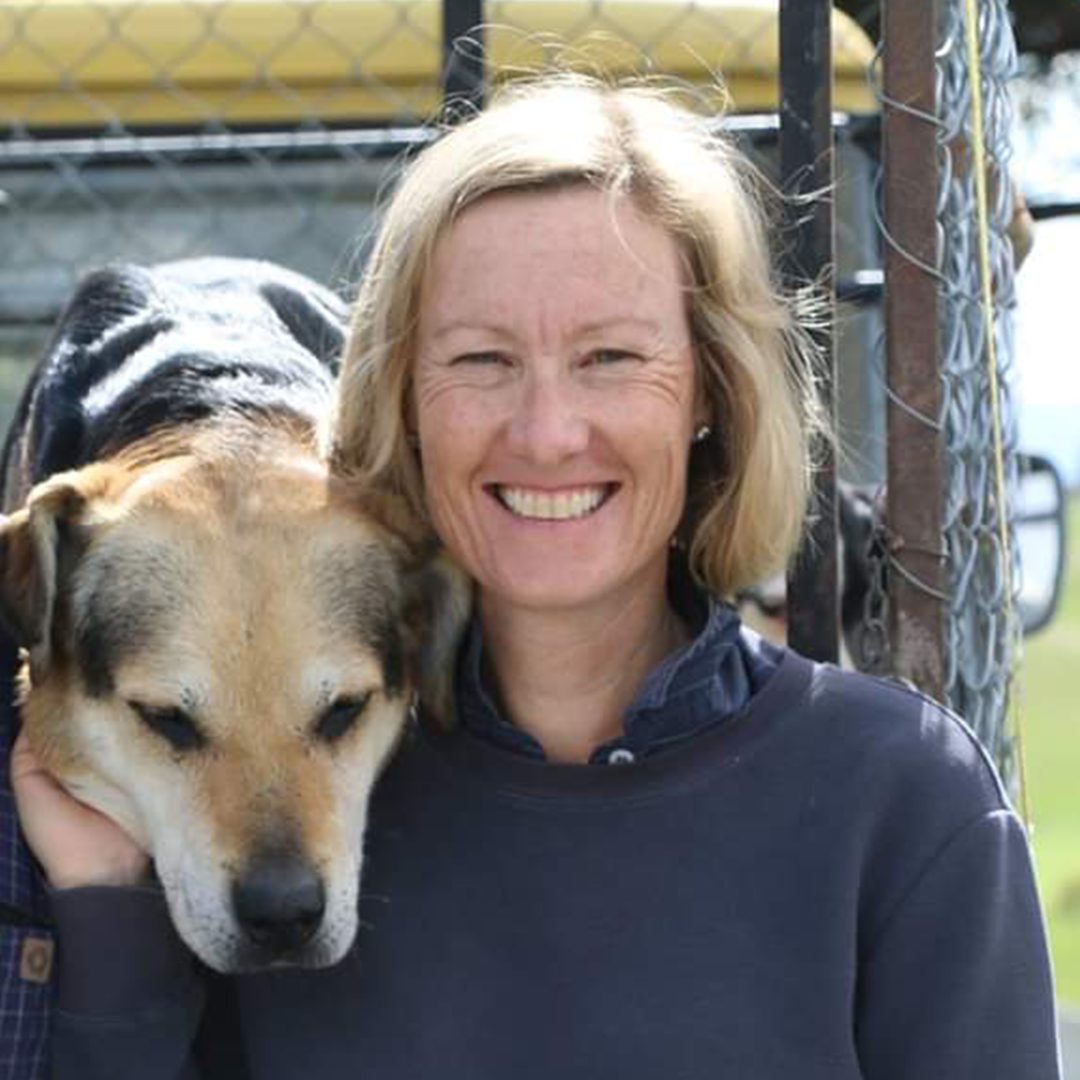Hey Farmers, be on the lookout for moths with WHITE lower wings.
This is the Fall armyworm moth.
 Fall armyworm moth // Image supplied
Fall armyworm moth // Image supplied
As of December 8th, the Fall armyworm has been found in Northland. There have been 5 confirmed reports to date. Two of these locations have early instar larvae in adjacent maize paddocks. Beneficial insects such as the parasitic wasp Cotesia sp. will help contain the numbers.
The good news is that there are no confirmed finds this summer season outside of Northland, to date. The thinking is that average temperatures were considerably lower, compared to winter and spring last year. Marginal areas may have seen FAW populations unable to overwinter. Fingers crossed!
Pheromone traps: These traps are a great way to catch adult moths.
Catch it: Samples will be welcomed and are important for positive identification and testing.
Although commonly referred to as a worm, the fall armyworm is, in fact, a highly invasive moth that poses a significant threat to crops during its larval stage. While the larvae are responsible for causing damage to crops, the adult moths play a crucial role in the rapid dissemination of the pest.
These moths, when propelled by winds, have the capability to cover distances of up to 100 kilometres per day.
The fall armyworm has made its presence felt globally and was identified in New Zealand in February 2022, with the likely source being Australia. This invasive species is not confined to a specific region, as it has been documented in the Americas, Africa, and Asia. More recently, it has been discovered in Papua New Guinea, various parts of Australia, and now in New Zealand, highlighting its ability to adapt and establish itself in diverse environments.
The continuous spread of the fall armyworm underscores the challenges associated with its control and emphasises the need for vigilant monitoring and management strategies.
Contact : Foundation for Arable Research at FAR@far.or.nz or Biosecurity Officer Ash Mills at ashley.mills@far.org.nz.











